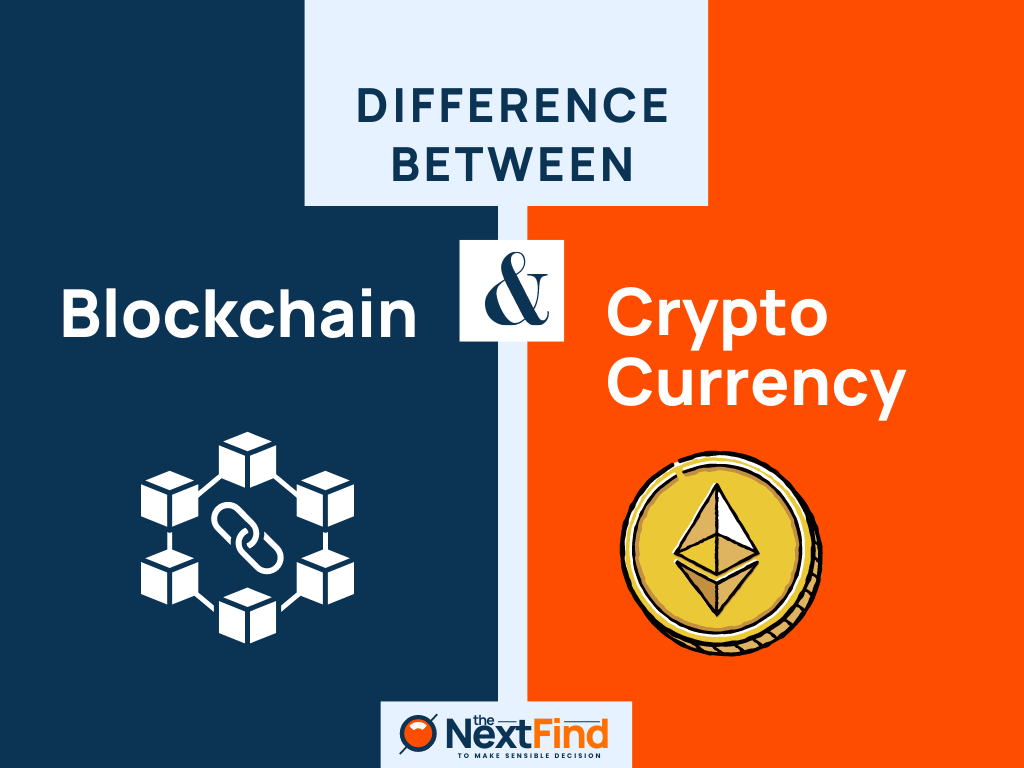List of all cryptocurrencies
A business structure can be a good idea if your mining operation has multiple owners. You can create a business contract that outlines details like ownership stake and what percentage of profits each owner is entitled to https://realitypms.com/slots/video/.
A few months ago we attempted to tackle this lack of knowledge by examining the basics of cryptocurrencies, blockchain technology, and more recently cryptocurrency mining. Today, we’ll expand on this latter point by taking a closer look at the side-by-side differences of “mined” cryptocurrencies versus non-mined ones. And, as always, we’ll do so in plain English, without all the technical jargon.
An Application-Specific Integrated Circuit (ASIC) is designed to serve a single specific purpose. In crypto, the term refers to specialized hardware designed exclusively for mining. ASIC mining is known for being highly efficient, but it’s relatively expensive.
Adam Hayes, Ph.D., CFA, is a financial writer with 15+ years Wall Street experience as a derivatives trader. Besides his extensive derivative trading expertise, Adam is an expert in economics and behavioral finance. Adam received his master’s in economics from The New School for Social Research and his Ph.D. from the University of Wisconsin-Madison in sociology. He is a CFA charterholder as well as holding FINRA Series 7, 55 & 63 licenses. He currently researches and teaches economic sociology and the social studies of finance at the Hebrew University in Jerusalem.
2. Miners solve a puzzle. Miners use computers to guess a special number, called the nonce, that, when combined with the block data, produces a result below a specific target number. It’s like a digital lottery ticket that involves a puzzle.
Are all cryptocurrencies based on blockchain
As we now know, blocks on Bitcoin’s blockchain store transactional data. Today, tens of thousands of other cryptocurrencies run on a blockchain. But it turns out that blockchain can be a reliable way to store other types of data as well.
The nature of blockchain’s immutability means that fraudulent voting would become far more difficult. For example, a voting system could work such that each country’s citizens would be issued a single cryptocurrency or token.

As we now know, blocks on Bitcoin’s blockchain store transactional data. Today, tens of thousands of other cryptocurrencies run on a blockchain. But it turns out that blockchain can be a reliable way to store other types of data as well.
The nature of blockchain’s immutability means that fraudulent voting would become far more difficult. For example, a voting system could work such that each country’s citizens would be issued a single cryptocurrency or token.
Since Bitcoin’s introduction in 2009, blockchain uses have exploded via the creation of various cryptocurrencies, decentralized finance (DeFi) applications, non-fungible tokens (NFTs), and smart contracts.
Blockchain is a decentralized digital ledger that securely stores records across a network of computers in a way that is transparent, immutable, and resistant to tampering. Each “block” contains data, and blocks are linked in a chronological “chain.”
Are all cryptocurrencies the same
We have seen other blockchain projects in the past that have issued tokens that are of no value outside of those projects. If you are a big fan of online role-playing games, you have probably encountered such systems before. You acquire tokens for use in the games you play. Those same tokens are absolutely worthless outside of the gaming environment.
Much of this may not mean anything to you if you only have a cursory knowledge of how cryptocurrencies work. Suffice it to say that not every project marketed as a cryptocurrency project meets all six of the criteria. Libra is a good example.
Financial tokens are digital assets that support economic activities such as lending, borrowing, trading, and yield generation within decentralised finance (DeFi) ecosystems. These tokens often represent access to specific financial services, act as incentives for participation, or enable protocol-level fee structures. Many of them are native to DeFi platforms and play a central role in shaping on-chain financial products.
.png)
We have seen other blockchain projects in the past that have issued tokens that are of no value outside of those projects. If you are a big fan of online role-playing games, you have probably encountered such systems before. You acquire tokens for use in the games you play. Those same tokens are absolutely worthless outside of the gaming environment.
Much of this may not mean anything to you if you only have a cursory knowledge of how cryptocurrencies work. Suffice it to say that not every project marketed as a cryptocurrency project meets all six of the criteria. Libra is a good example.
Financial tokens are digital assets that support economic activities such as lending, borrowing, trading, and yield generation within decentralised finance (DeFi) ecosystems. These tokens often represent access to specific financial services, act as incentives for participation, or enable protocol-level fee structures. Many of them are native to DeFi platforms and play a central role in shaping on-chain financial products.